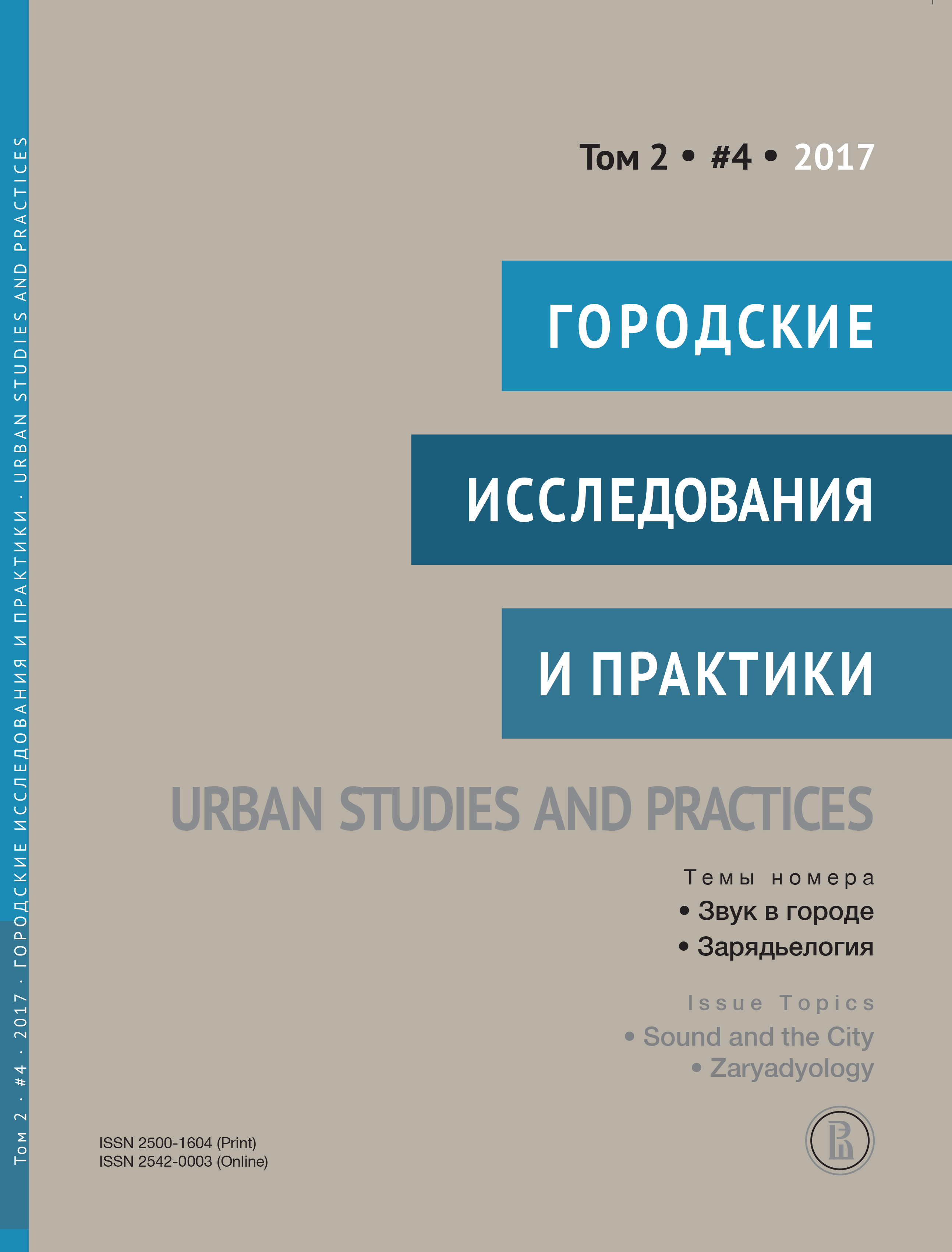Саунд-стадиз в обход аудиальной культуры
критика онтологического поворота
Аннотация
Термины «исследования звука» (sound studies) и «аудиальная культура» (auditory culture)1 часто используются как синонимы, означающие широкое, гетерогенное, мультидисциплинарное исследовательское поле. Тем не менее между ними остается потенциальное расхождение. Некоторые представители саунд-стадиз, обращаясь к онтологии звука и материально-аффективным процессам, стоящим «за репрезентацией и сигнификацией», не признают исследования в области аудиальной культуры. В настоящей статье я рассмотрю «онтологический поворот» в саунд-стадиз на примере работ трех авторов (Стива Гудмана, Кристофа Кокса и Грега Хайнджа) и предложу несколько аргументов против него. Вначале я опишу концептуальную рамку делезианской метафизики, которую они разделяют. Далее я рассмотрю онтологию вибраций Гудмана. Гудман утверждает, что преодолел дуализм, а я доказываю, что его теория жестко дуалистична и менее убедительно объясняет соотношение осознания (cognition) и аффекта, чем критикуемые им подходы к объяснению познания через культуру и репрезентацию. Затем я рассмотрю эстетические теории Кокса и Хайнджа, сторонников онто-эстетики — теории о том, что произведения искусства способны раскрывать свою онтологию. Я полагаю, что онтоэстетика зиждется на категориальной ошибке, возникшей из-за путаницы между воплощением и экземплификацией. Вследствие этой путаницы Кокс и Хайндж незаметно встраивают в свой предположительно культурно независимый анализ произведений искусства аналогии, фундированные в культуре. В заключение я порассуждаю об аудиальной культуре и внесу предположение о том, что «онтологический поворот» в саунд-стадиз на самом деле является формой «онтографии» — описания онтологических допущений (commitments) и представлений (beliefs) конкретных субъектов или сообществ — которая на свой страх и риск пренебрегает конститутивной ролью аудиальной культуры2.
____________________________
1 Перевод выполнен М. Шкурко, В. Бродской по: Kane B. Sound Studies without Auditory Culture: A Critique of the Ontological Turn // Sound Studies. 2015. Vol. 1. No. 1. P. 2–21.
2 Далее в тексте название междисциплинарной области, посвященной исследованиям звука, будет приведено как «саунд-стадиз» (по аналогии с русскоязычными кальками «синема-стадиз», «гейм-стадиз» и др.). Для обозначения области исследований аудиальной культуры также будет использоваться калька с формулировки автора — «исследования аудиальной культуры» (Примеч. пер.).

